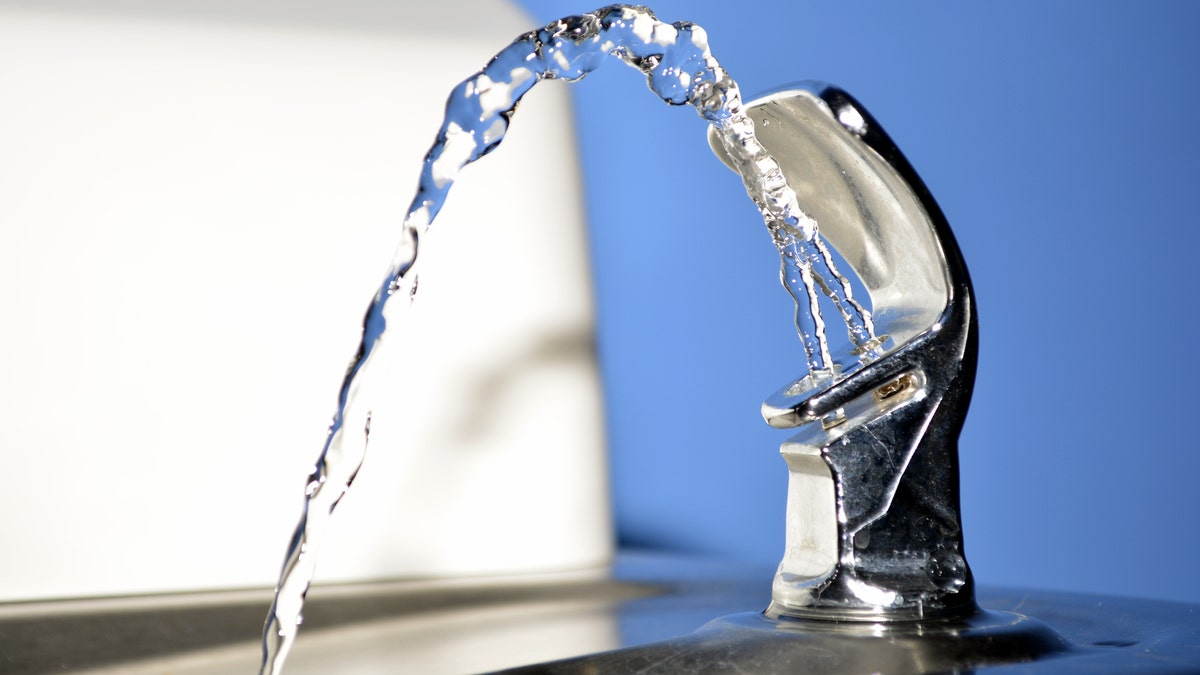Fox News Flash top headlines for August 13
Fox News Flash top headlines are here. Check out what's clicking on Foxnews.com.
Is it safe to drink from a water fountain during the pandemic?
There’s no evidence you can get COVID-19 from the water itself. But since the virus may linger on surfaces, experts say to avoid fountains if you can or to limit any direct contact when using them.
TWO CORONAVIRUS PATIENTS IN CHINA TEST POSITIVE FOR VIRUS MONTHS AFTER RECOVERING
In New York City, for example, posters instruct people to use gloves or a tissue to turn on water fountains. If you don’t have those handy and need to touch the fountain, experts recommend you wash your hands afterward and avoid touching your face until you do. And you shouldn’t let your face touch the spout when leaning in for a drink.
Filling a water bottle is also better than drinking directly from the fountain, says Angela Rasmussen, a virus researcher at Columbia University. That helps ensure you don’t leave saliva on the fountain, making it safer for others.

There’s no evidence you can get COVID-19 from the water itself. But since the virus may linger on surfaces, experts say to avoid fountains if you can or to limit any direct contact when using them. (iStock)
The precautions are recommended because surfaces are believed to contribute to the spread of COVID-19, even though experts say the main way the virus spreads is through droplets people spray when they talk, cough or sneeze.
CORONAVIRUS: COULD YOUR BODY ALREADY HAVE CELLS THAT RECOGNIZE AND FIGHT IT?
To minimize direct contact with fountains, schools and businesses should encourage everyone to bring their own water from home, says the U.S. Centers for Disease Control and Prevention. Fountains should still be cleaned and sanitized for those who need to use them, the agency says.
The CDC also says schools and businesses should check fountains for other safety issues before they reopen. Prolonged closures could increase the risk for Legionnaires’ and other diseases associated with water, since standing water in plumbing systems can cause bacteria to grow.
